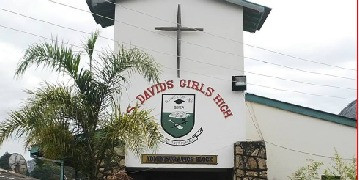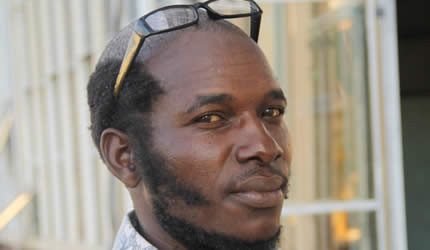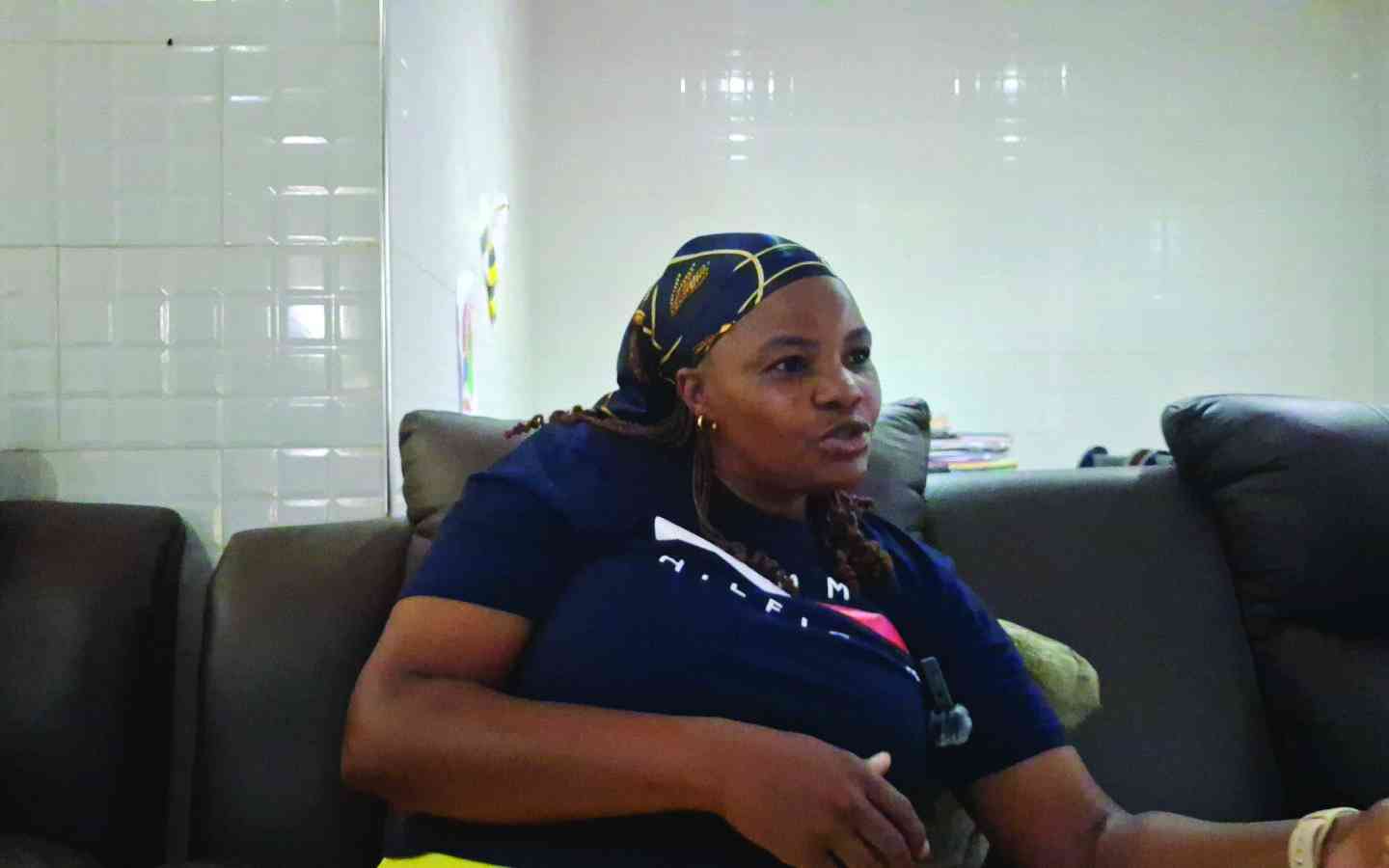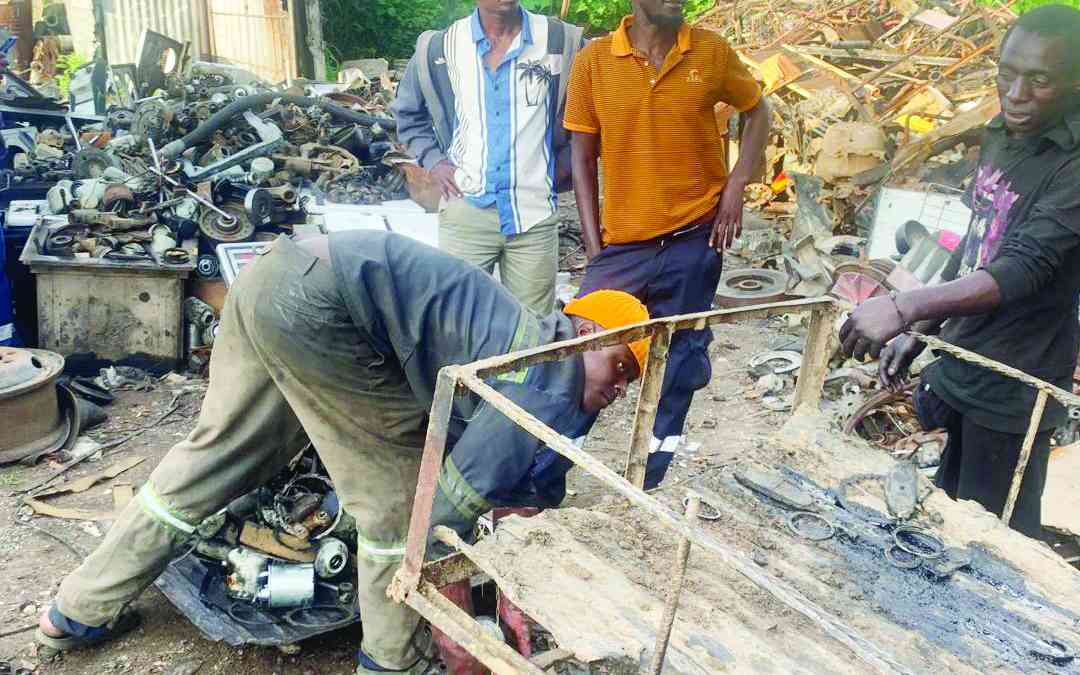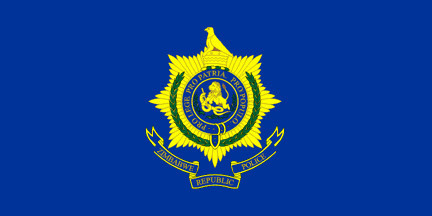
The Police Internal Security and Intelligence (Pisi) unit has indicated its intention to interrogate Tawanda Majoni, the Information for Development Trust (IDT) director, over an unspecified case.
The PISI, an undercover branch of the Zimbabwe Republic Police, is well-known for its surveillance and targeting of individuals, political activists and organisations critical of the government and the ruling elite.
This publication has established that a Pisi detail from the Harare Central police station called Majoni around 10am on Tuesday and introduced himself as Kindingwi, wanting to know where the IDT offices are located and whether the director was at work.
Further inquiries revealed his full names as Ernest Kwindingwi, who called the IDT director using his personal cellphone line.
Majoni furnished him with the organisation’s physical address and asked Kwindingwi what Pisi wanted him for.
Kwindingwi reportedly responded: “There is an inquiry that we are making and would want to interview you regarding the matter”.
He, however, refused to divulge the issue that he was investigating and told Majoni that he would be given full details once he was taken in for the “interview”.
The IDT director, who is out of Harare on holiday, indicated to Kwindingwi that IDT was on the Christmas break, upon which the Pisi investigator asked for the date of his return to work.
- Corruption watch: No-one is taking the Motlanthe report seriously
- Corruption watch: The scary return of Green Bombers
- Chinese threats on The Standard condemned
- News in depth: Gold mines poison Manicaland rivers with cyanide, invite Mozambique fury
Keep Reading
Majoni confirmed the call from Pisi.
“Pisi has indicated its intention to visit us and take me for what Kwindingwi called an interview,” he said.
“We are in the dark on what the police unit wants since he wouldn’t say, but we are ready to cooperate with them on anything, as long as it is within the law.”
The IDT is an investigative journalism hub that supports the local and Southern African media and journalists to probe corruption, human rights abuses and socio-economic violations relating mostly to the public sector.
It was formed in 2015 and, since then, has helped scores of journalists produce more than a hundred investigative stories exposing malpractices in the public and private sectors.
The organisation has also capacitated media houses and journalists to investigate legal, environmental, political, human rights and socio-economic violations among foreign investments in Zimbabwe and southern Africa.
The trust earlier this year published a research report that revealed the extent of harm caused by Chinese investments within rural communities where mining activities are taking place.
The report also showed that powerful individuals connected to the ruling elite were protecting the violators.
The public media—often passing as mouthpieces of the ruling elite—has repeatedly described IDT as a “regime change agent” peddling falsehoods even though no-one has been able to identify shortcomings in the work it has helped produce over the years.
“All the smearing is propaganda, of course,” Majoni said.
“We are ready to work with any media house and any deserving journalists in the fight against corruption and bad governance.
“There is a universal agreement that corruption is bad for everyone, but those that are corrupt are always quick to find labels so as to preserve themselves.’
Police spokesperson assistant commissioner Paul Nyathi said he was in a meeting on Thursday when his comment was sought on the matter.
Nyathi asked to be called after an hour, but did not pick subsequent calls.

